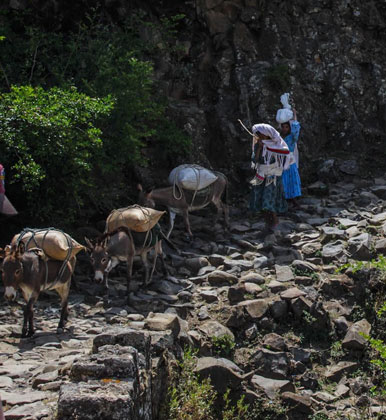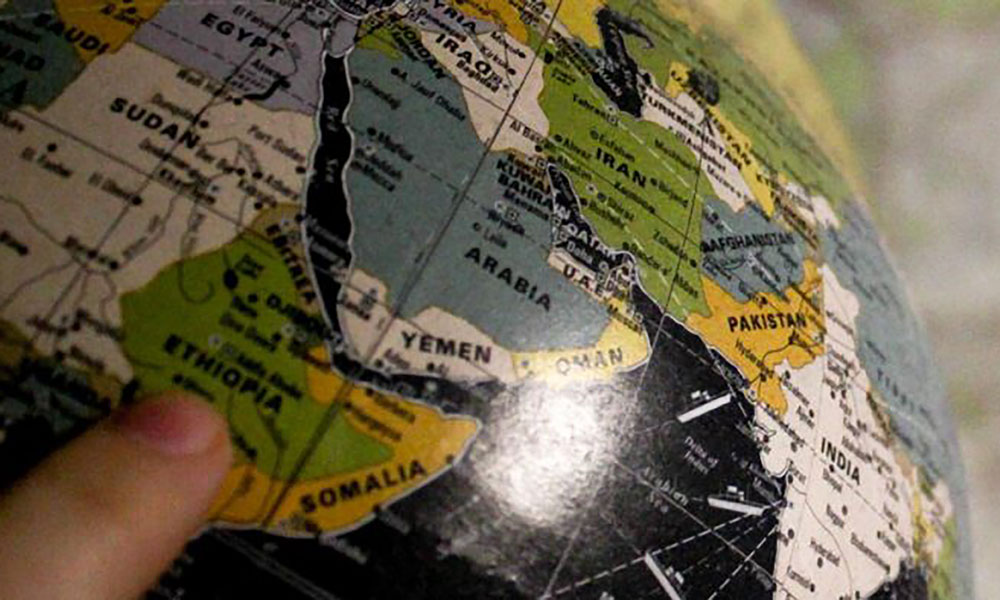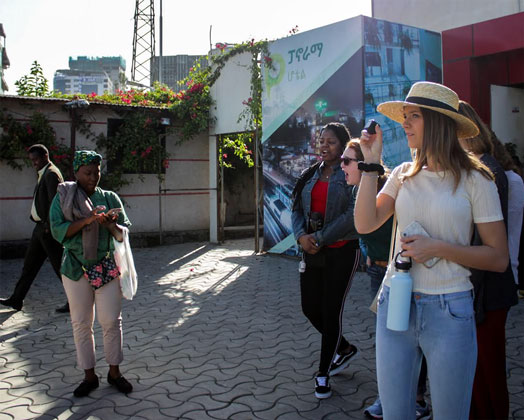Overview
- Degree Level
- Undergraduate
- Degrees Offered
- Bachelor of Arts
- school/college
- College of Arts and Sciences

At Arcadia, Cultural Anthropology—the study of different cultural groups, identities, and practices—will prepare you to research the contemporary world, increasingly marked by flows of people, ideas, money, and images. You’ll look closely at how our lives are affected by structural, political, and economic issues at local and global levels.
As a Cultural Anthropology major, you’ll:
Required Course
In this course, you’ll study the customs, social organization, environmental adaptation, and belief systems of primitive and contemporary societies, and consider cultural variations in technology, economy, language, families, government, and religion.
Required Course
In this course, you'll explore the genre of data presentation unique to cultural anthropology: the ethnographic monograph. You'll develop an understanding of the difficulty of translating ‘emic’ perspectives to ‘etic’ analysis, learn the tropes of contemporary ethnographic writing, and become familiar with ways that cultural anthropologists use contemporary social and anthropological theory to frame questions and provide analysis. Explore the ethical dilemma encountered and recounted within ethnographic monographs.
Required Course
Discover the historic and contemporary ways that anthropologists have explored complex conceptual debates in their research and writing as attempts to understand humankind. Learn how these ideas and debates historically change, often confrontational, clashes between different schools of anthropological thought around central disciplinary questions like the definition of culture, the relationship of structure to agency, the question and place of relativity, the relationship between power and knowledge, and the contemporary ethnographic location of culture and identity. A thematic emphasis of the course is on how anthropological writing is a practice of knowledge making, as well as knowledge dissemination. You'll investigate how subtle shifts in style and voice results in different forms of anthropological knowledge.



Alura Neumyer '22 shares her story about her Preview class in Ethiopia.
